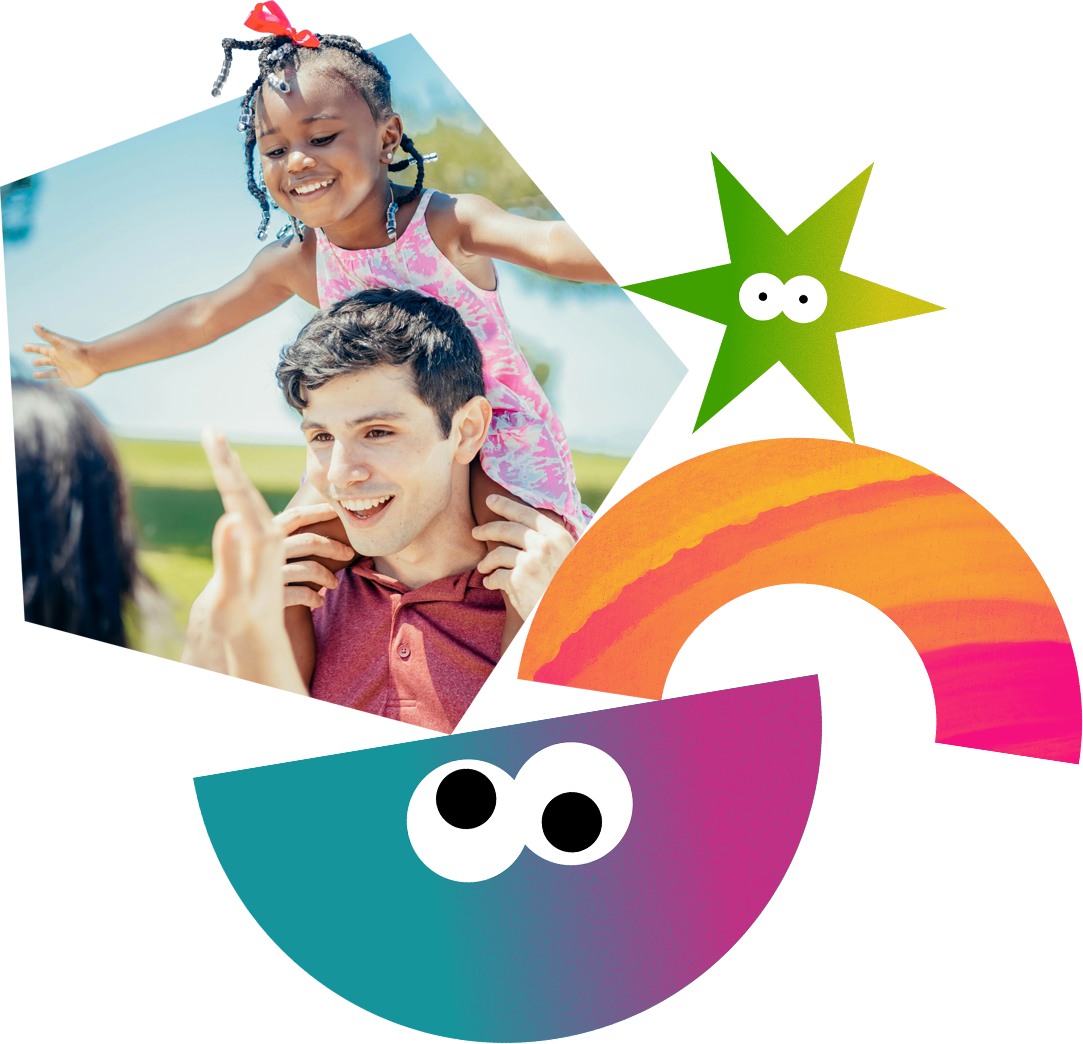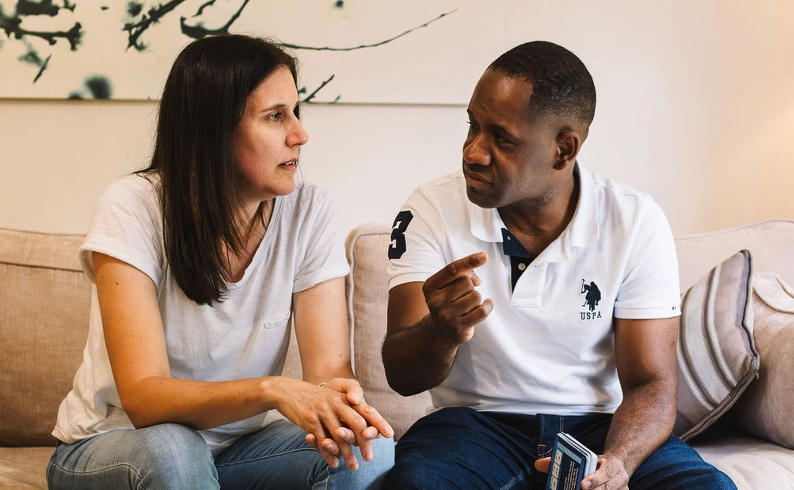Home >
Fostering
Togetherness in Foster Care
Foster carers take on unique caring responsibilities, building important relationships for young people and children, often affected by trauma and adverse childhood experiences.
Building on decades of experience supporting foster families and care services, the Togetherness team have developed a valued package of support for practitioners working in fostering, adoption and social work.

- Training to train others to deliver the facilitator training
- Tailored foundation training
- A structured foster carer course for group delivery
- Training to facilitate the structured groups for fostering families
Fostering, Adoption and Social Work Foundation Training
For practitioners working in fostering, looked after children services, adoption and social work, this tailored 2 Day Foundation training introduces the Solihull Approach model and applies it to the specific needs and challenges of practitioners working in this field. The training is designed to equip practitioners with an effective approach to supporting families and improving emotional health and wellbeing for children, young people and their parents or carers. You will learn about the fundamentals of early brain development, attachment, and behaviour in accessible, relevant terms and consider the impact of trauma and adverse childhood experiences in greater depth.
Equipped with this knowledge and working through a series of real-life case studies prepares practitioners to engage families and young people with confidence to make a real and lasting impact.

An evidence based foster carer course
Ready-to-deliver, structured group sessions for foster carers are designed to be delivered by practitioners working in this sector. A short, one-day, follow-on training equips practitioners to deliver the course with confidence, realising the benefits for whole families.
The foster carers course is often used as a foundation course for all foster carers in an area. It provides a framework to help carers understand their foster child’s story. Building on the theories from the Solihull Approach model, 12 weekly sessions will help support and nurture the foster carer/child relationship and can be applied to diverse types of foster placements. Foster carers will learn about child development and be supported to tailor their care to help their child with emotional regulation, social relationships and behaviour.

Foster carer course content
- Brain development
- Understanding Containment and Reciprocity
- Introduction to attachment
- Understanding your child’s behaviour
- Different styles of parenting
- Rhythm of interaction and sleep
- Self-regulation and anger
- Communication and attunement/Rupture and repair

Research has shown the extensive positive impacts for carers and children following participation in the course. In 2017, a study published by Madigan et al. suggested that the course helped prevent unplanned placement breakdowns. And an initial evaluation by Brown (2013) of foster carers attending the course found a reported reduction of hyperactivity in their foster children.
